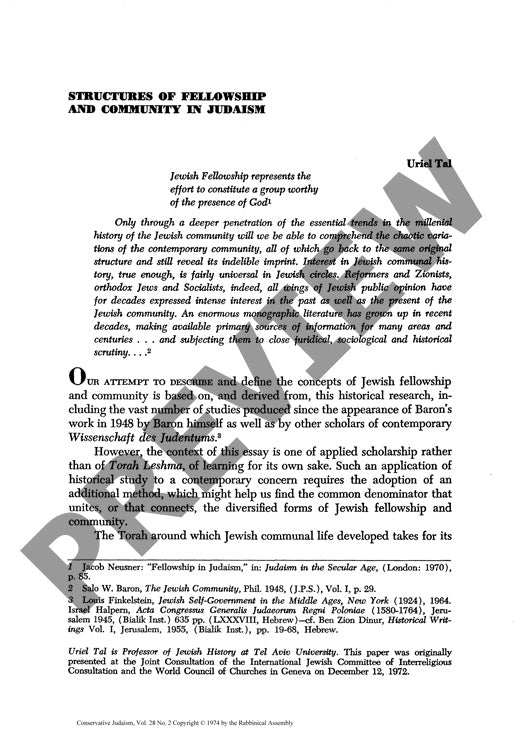Structures of Fellowship and Community I
Couldn't load pickup availability
From biblical covenants to contemporary congregations, Jewish communal structures have evolved through a complex interplay of particularism and universalism while maintaining core organizing principles across millennia. Through a religio-anthropological analysis combining Wissenschaft des Judentums scholarship with historical methods, this research identifies persistent patterns in Jewish fellowship across diverse historical manifestations. Drawing on primary sources spanning ancient to modern periods, the analysis reveals how Jewish communities developed as autonomous entities exercising judicial, fiscal, and ecclesiastical authority while navigating relationships with broader societies. The Torah emerges as the central organizing framework, sanctifying all aspects of communal life rather than focusing solely on personal salvation, as communities progress from individual to family, congregation, and world community levels. A fundamental duality characterizes Jewish attitudes toward outside groups, balancing exclusivist tendencies aimed at preserving religious distinctiveness with universalist principles emphasizing shared humanity through Noahide laws. The findings demonstrate that Jewish communal existence fundamentally requires pluralistic social conditions that enable both the full expression of traditional religio-anthropological structures and universal rights to religious and cultural distinctiveness.

More Information
-
Physical Description
-
Publication Information
Published 1974
ISBN
-
Publication Credits
Uriel Tal

